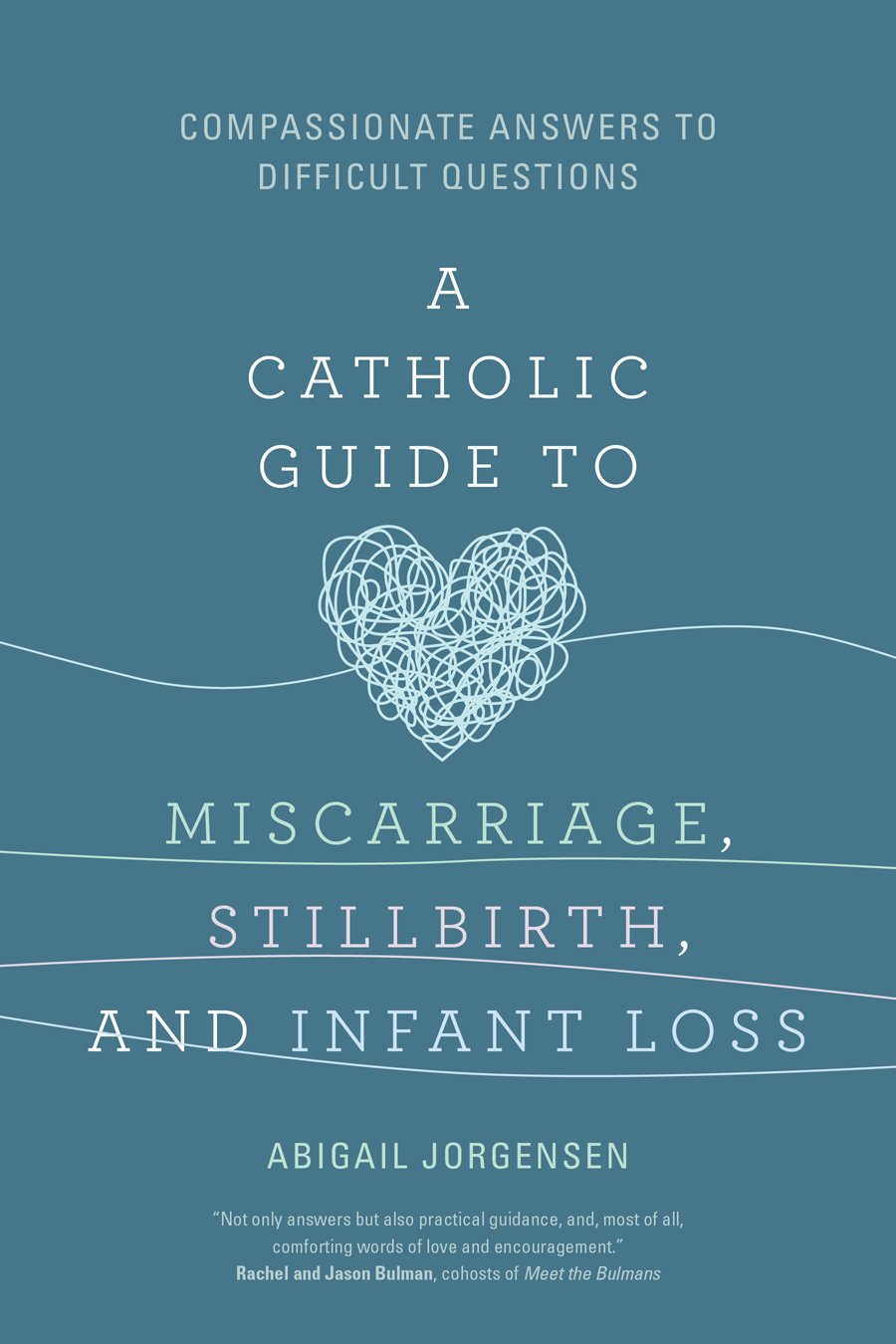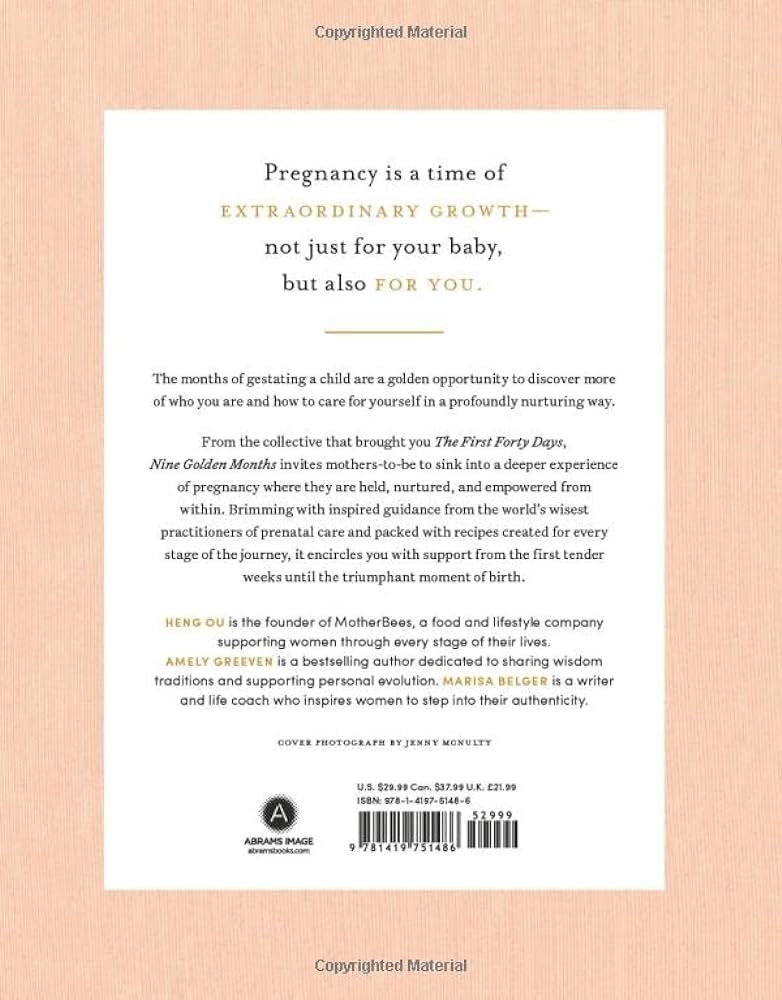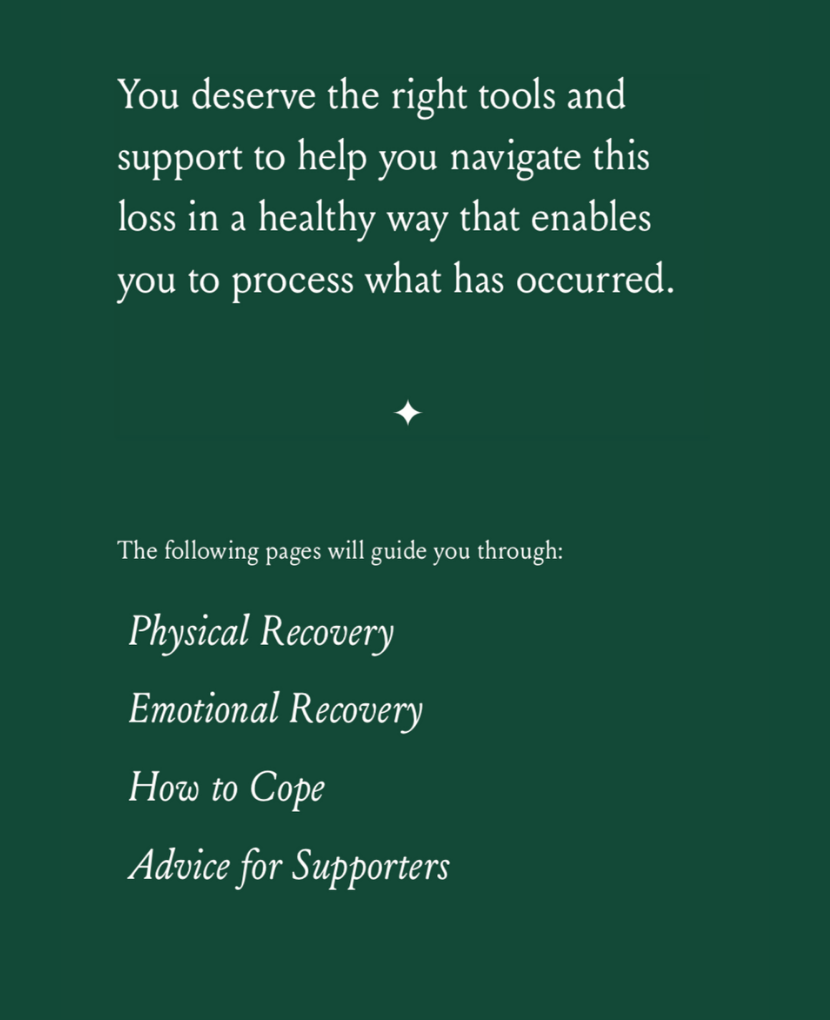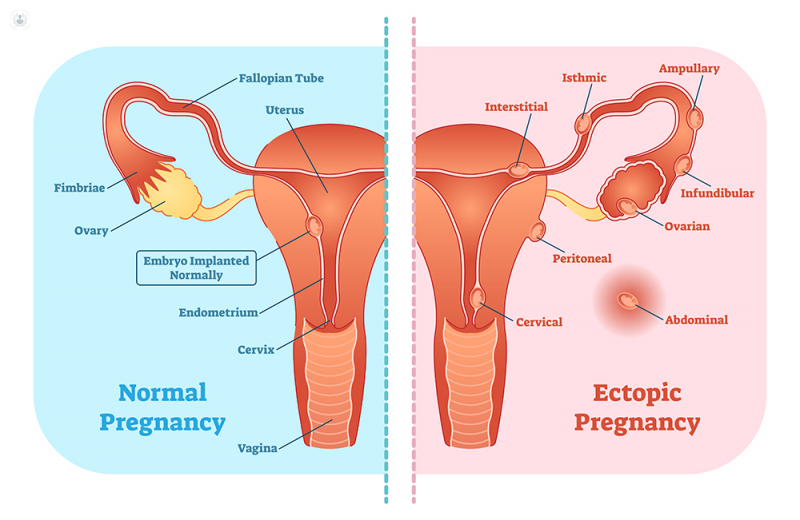To treat a miscarriage, immediate medical consultation is essential. Management may include expectant, medical, or surgical options depending on the case.
Experiencing a miscarriage can be incredibly distressing. While it is a common occurrence, with estimates suggesting that 10-20% of known pregnancies end in miscarriage, the emotional and physical impact on the individual can be profound. Seeking medical attention promptly is crucial to ensure appropriate care and to rule out any complications such as infection or retained tissue.
Treatment often varies based on the gestational age and the patient’s symptoms. Rest, pain relief, and support are foundational aspects of care. For some, natural passing of the pregnancy tissue is feasible, while others may require medication or procedures like dilation and curettage (D&C) to clear the uterus. Above all, after immediate health concerns are addressed, psychological support and counseling may be offered to help cope with the loss.

Credit: www.facebook.com
Recognizing Miscarriage Signs
Recognizing Miscarriage Signs is a critical step in understanding and coming to terms with this difficult experience. Many women and couples face this challenge with a mix of emotions and physical symptoms. It’s key to be aware of the signs so that necessary medical support can be sought and emotional healing can start.
Physical Indicators
Early detection of a miscarriage often begins with noticing physical changes. Being alert to these can ensure timely medical attention.
- Bleeding: Ranges from light spotting to heavy bleeding.
- Cramping: Severe cramps in the pelvis or lower back may occur.
- Clotting: Passing of tissue or clots through the vagina.
- Pain: Abdominal pain, distinct from typical menstrual cramps.
- Cessation of Symptoms: Sudden stop in pregnancy symptoms like nausea or breast tenderness.
Emotional Responses
Alongside physical signs, emotional responses are powerful and valid experiences during a miscarriage.
- Shock: Disbelief or numbness following the loss.
- Grief: Profound sadness or feeling of emptiness.
- Guilt: Unfounded self-blame can surface.
- Anxiety: Fear or worry about fertility and future pregnancies.
- Depression: Long-lasting low mood, loss of interest in activities.
Contact a healthcare provider immediately upon noticing any physical indicators. Emotional well-being is as crucial as physical health. Seek support from loved ones or professionals for emotional responses.

Credit: positivestepsfertility.com
Medical Care Post-miscarriage
The period following a miscarriage is critical, demanding careful attention and medical care to ensure the health and well-being of the woman who has experienced this loss. Understanding the necessary steps of Medical Care Post-Miscarriage not only aids in physical recovery but also provides emotional support through professional guidance.
Immediate Interventions
Immediately after a miscarriage, medical professionals focus on two main objectives: preventing infection and managing bleeding. Here’s what to expect:
- Examination: A doctor will check the woman to ensure all tissue has passed.
- Medication: Drugs may be given to prevent hemorrhage.
- Surgical Procedures: Sometimes a procedure called D&C is necessary.
Comfort measures like pain relief are also important during this time. Support from loved ones is vital for emotional healing.
Follow-up Examinations
After the initial treatment, follow-up care ensures the body is healing properly. Below are key components:
- Physical Check-Ups: To confirm the uterus is returning to its pre-pregnancy state.
- Blood Tests: To monitor hCG levels as they return to normal.
- Counseling: For emotional support and to discuss future pregnancies.
Regular appointments with a healthcare provider are crucial. They help track recovery and provide peace of mind during a challenging time.
Emotional Support And Healing
Dealing with a miscarriage brings deep emotions. Support and healing are crucial. Every person deserves compassion and care during this time. Emotional recovery is as important as physical healing.
Seeking Therapy
Therapy is a powerful tool for healing. It provides a safe space to express grief. A therapist can offer coping strategies. They help navigate complex feelings. Therapy can be one-on-one or with a partner. Professional guidance makes a big difference in recovery.
Support Groups
Support groups bring people together who share similar experiences. These groups provide a sense of belonging. They reduce feelings of isolation. Sharing stories can be therapeutic. Many find comfort in knowing they are not alone. Local communities and online platforms host these groups. Support groups are invaluable for emotional recovery.
Self-care Strategies
Navigating through the aftermath of a miscarriage is tough. The journey involves not only physiological healing but also emotional recovery. It’s essential to practice self-care during this time. By focusing on yourself and what your body needs, you can move forward with strength and tranquility. The following self-care strategies can help create a nurturing environment for your recovery.
Physical Rest And Recovery
After a miscarriage, your body needs time to heal. Physical rest is vital. Here are some ways to ensure proper rest:
- Lie down as much as possible, especially in the first few days.
- Avoid heavy lifting and strenuous workouts.
- Eat nutrient-rich foods to replenish your body.
- Stay hydrated with water and herbal teas.
- Monitor your symptoms and contact a healthcare provider if anything feels off.
Mindfulness And Relaxation Techniques
Mental healing is just as critical as physical healing. Mindfulness and relaxation can help calm your mind. Try the following:
- Practice deep breathing exercises to relieve stress.
- Engage in gentle yoga or meditation to maintain a calm mind.
- Listen to soothing music or sounds that relax you.
- Consider keeping a journal to express your feelings.
- Participate in activities that make you feel at peace.
Navigating Relationships After Loss
A miscarriage can be a heartrending experience, not just for the individual but also for the relationships that surround them. Navigating relationships after loss often requires the utmost sensitivity and patience. Adjusting to a new normal means learning to communicate effectively with your partner and knowing how to set boundaries with relatives and friends. Understanding the delicate nature of these interactions can help preserve personal well-being while fostering the support needed during such a difficult time.
Communicating With Partner
Open and honest dialogue with your partner is crucial after a miscarriage. Here are key points to consider:
- Acknowledge mutual grief: Understand that both partners experience loss.
- Express feelings: Share your emotions without fear of judgement.
- Listen actively: Give each other undivided attention during conversation.
- Offer support: Provide comfort through words and actions.
- Seek professional help: Consider counselling if needed.
Setting Boundaries With Family And Friends
Dealing with family and friends requires a different approach. Here’s how you can set boundaries:
- Be clear about needs: Articulate what you require from others.
- Request space: Let others know if you need time alone.
- Decline unwanted advice: Politely refuse guidance if it’s not helpful.
- Determine visitation comfort: Set limits on how often you wish to see others.
- Communicate preferred support: Identify specific ways others can help.
Planning For The Future
Experiencing a miscarriage is both physically and emotionally taxing. Planning for the future can offer a path to healing and hope. It involves understanding personal readiness and exploring different options for building a family. Transitioning from recovery to looking ahead requires careful consideration and support.
Assessing Readiness To Try Again
After a miscarriage, deciding to try for another pregnancy is significant. Factors such as physical health and emotional well-being are crucial. A conversation with a healthcare provider helps determine the right time. Physical recovery may vary, and it’s essential to feel emotionally prepared.
- Consult your doctor for medical advice.
- Reflect on your emotional state.
- Discuss with your partner to align expectations.
Considering Alternative Paths To Parenthood
There are different ways to welcome a child into your life. Exploring alternatives to traditional pregnancy could be your next step. Adoption, surrogacy, and foster care are viable options for many families. Each journey is unique and compelling in its own right.
| Option | Overview | Consideration |
|---|---|---|
| Adoption | Legally becoming parent to a child. | Process, time, cost |
| Surrogacy | Child birthed by surrogate. | Legal, emotional implications |
| Foster Care | Temporary care for child in need. | Commitment, potential for adoption |
Understanding each option’s process will clarify the path that aligns with your desires and circumstances. Support groups and professional counseling provide valuable insights. Parenthood remains an achievable dream, with various routes to consider.

Credit: www.amazon.com
Frequently Asked Questions Of How Do You Treat Miscarriage
What Are Common Signs Of A Miscarriage?
A miscarriage often manifests through symptoms like vaginal bleeding, cramping, and abdominal pain. Some may also experience back discomfort or fluid and tissue passing from the vagina.
How Is A Miscarriage Medically Managed?
Medical management may involve medication like misoprostol to induce uterine contractions and expel tissue, or a surgical procedure such as dilation and curettage (D&C) to remove it.
Can Lifestyle Changes Prevent Miscarriage?
While certain lifestyle changes can’t prevent all miscarriages, avoiding smoking, alcohol, and illicit drugs, maintaining a healthy weight, and managing chronic conditions could reduce the risk.
What Emotional Support Is Available Post-miscarriage?
Emotional support post-miscarriage can encompass counseling, support groups, and talking with others who’ve experienced similar losses. Professional help is important for coping with grief and healing.
Conclusion
Dealing with miscarriage requires compassion, care, and the right medical approach. Remember to seek support and professional guidance during this tough time. Healing begins with understanding treatment options and addressing both physical and emotional needs. Let’s approach this journey with hope and the knowledge that help is available.





